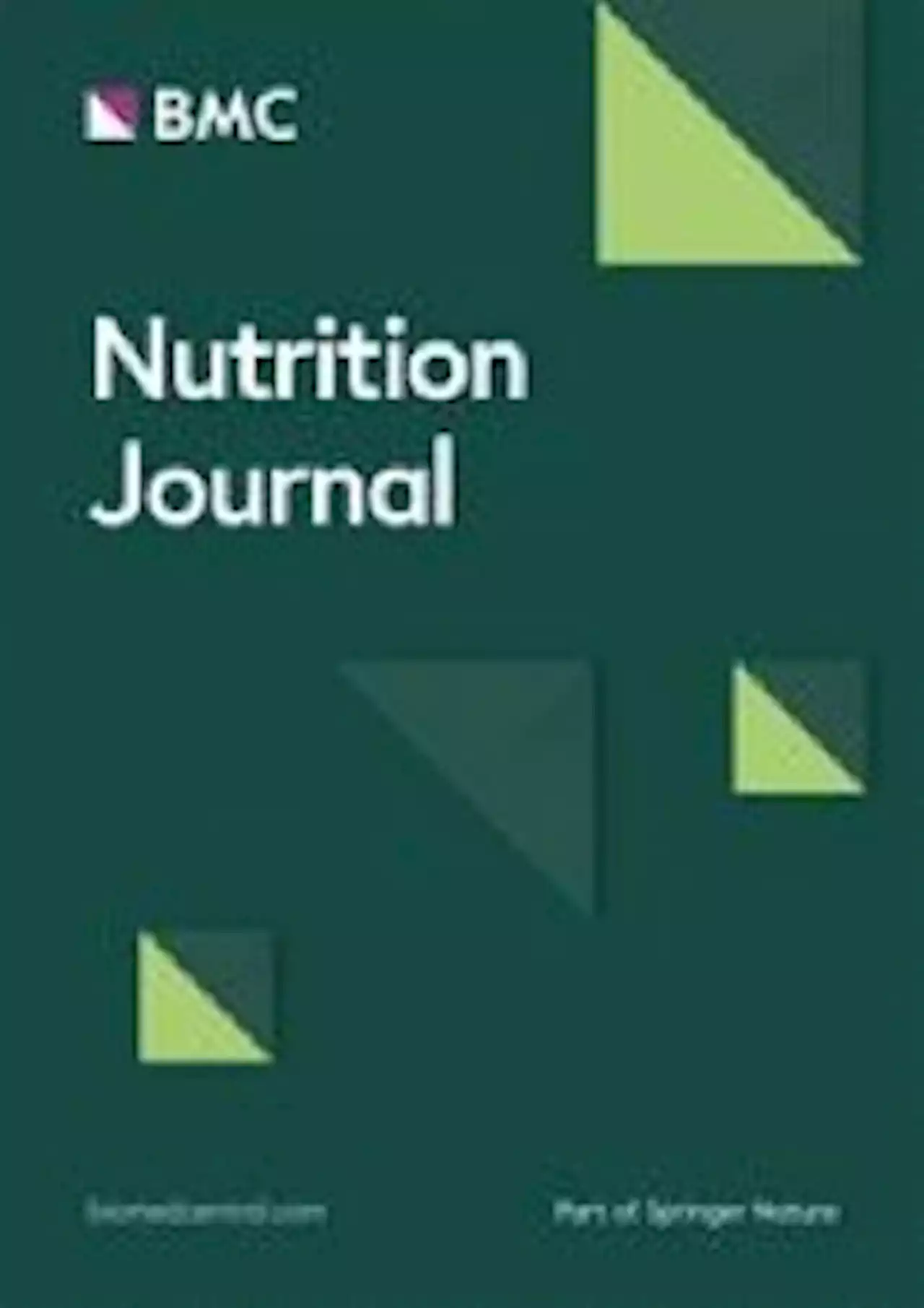A study published in the Journal of Translational Medicine discusses to a new class of biomarkers (anti-FSN antibodies) that are sufficiently comprehensive to predict immune checkpoint inhibitors outcomes in lung cancer.
For developing the first, most heterogeneous predictive model of ICI response, sera from the 66 patients who were treated for at least 6 weeks were analyzed. Differential anti-FSP antibody activities were identified on the FSP arrays that correlated with future outcomes. We demonstrated that 226 FSPs preferentially bound by an outcome group could predict response with 97.8% accuracy in the patient samples showing cumulative non-zero model scores .
In a third model, patients who had received ICI in combination with chemotherapy were excluded. Accuracy was only marginally reduced, even though this was the smallest sample cohort size of the models tested. Outcome-associated model-peptides increased more than twofold and the proportion of predicted samples increased to 80%. The larger number of outcome-associated FSPs likely contributed to the reduction in indeterminates.
A variety of molecular biomarkers have been studied toward developing a test for predicting patient responses to ICI therapeutics. Some recent approaches have shown encouraging predictive value; however, biomarker extraction or testing is elaborate, and sometimes not possible. By contrast, antibodies are immune effectors and therefore they directly read out immune activity. Antibody biomarkers are massively amplified by B cells that have been activated because of their recognition of tumors.
Ireland Latest News, Ireland Headlines
Similar News:You can also read news stories similar to this one that we have collected from other news sources.
 Man Utd takeover: Neville makes announcement prediction as he accuses Glazers of 'spinning it' - Football365Man Utd legend Gary Neville is predicting some kind of takeover announcement from the Glazers once “the season is closed”.
Man Utd takeover: Neville makes announcement prediction as he accuses Glazers of 'spinning it' - Football365Man Utd legend Gary Neville is predicting some kind of takeover announcement from the Glazers once “the season is closed”.
Read more »
 Effects of serum sodium and chloride levels in the outcome of critically ill pediatric patients in the post-operative period of liver transplantation - BMC NephrologyBackground Sodium and chloride disturbances have attracted increasing attention in recent years. Many pathophysiological effects are associated with hyperchloremia, including reduction in mean arterial pressure and acute renal disease. Pediatric patients undergoing liver transplantation are at risk of developing various electrolyte and biochemical abnormalities, with an impact on their postoperative outcomes. Objective To analyze the impacts of serum sodium and chloride levels on prognosis of Pediatric Liver Transplant receptors. Methods This was a retrospective analytical observational study performed in a single transplant reference center in Sao Paulo, Brazil. Included patients were pediatric patients who underwent liver transplantation between January 2015 and July 2019. Statistical regression analysis and General Estimating Equations analysis were performed to evaluate the impacts of sodium and chloride disturbances on the development of acute renal failure and mortality. Results A total of 143 patients were included in this study. The main diagnosis was Biliary Atresia (62.9%). Twenty-seven patients died (18.9%), and graft dysfunction was the main cause of death (29.6%). The only variable individually associated with 28-days mortality was PIM-3 score (HR 1.59, CI 95% 1.165–2.177, p = 0.004). Forty-one patients (28.6%) developed moderate or severe AKI. PIM-3 score (OR 3.052, 95% CI 1.56–5.97, p = 0.001), hypernatremia (OR 3.49, 95% CI 1.32–9.23, p = 0.012), and hyponatremia (OR 4.24, 95% CI 1.52–11.85, p = 0.006) were independently associated with the development of moderate/severe AKI. Conclusions In pediatric patients after liver transplantation, PIM-3 score, and abnormal serum sodium levels were correlated with AKI development.
Effects of serum sodium and chloride levels in the outcome of critically ill pediatric patients in the post-operative period of liver transplantation - BMC NephrologyBackground Sodium and chloride disturbances have attracted increasing attention in recent years. Many pathophysiological effects are associated with hyperchloremia, including reduction in mean arterial pressure and acute renal disease. Pediatric patients undergoing liver transplantation are at risk of developing various electrolyte and biochemical abnormalities, with an impact on their postoperative outcomes. Objective To analyze the impacts of serum sodium and chloride levels on prognosis of Pediatric Liver Transplant receptors. Methods This was a retrospective analytical observational study performed in a single transplant reference center in Sao Paulo, Brazil. Included patients were pediatric patients who underwent liver transplantation between January 2015 and July 2019. Statistical regression analysis and General Estimating Equations analysis were performed to evaluate the impacts of sodium and chloride disturbances on the development of acute renal failure and mortality. Results A total of 143 patients were included in this study. The main diagnosis was Biliary Atresia (62.9%). Twenty-seven patients died (18.9%), and graft dysfunction was the main cause of death (29.6%). The only variable individually associated with 28-days mortality was PIM-3 score (HR 1.59, CI 95% 1.165–2.177, p = 0.004). Forty-one patients (28.6%) developed moderate or severe AKI. PIM-3 score (OR 3.052, 95% CI 1.56–5.97, p = 0.001), hypernatremia (OR 3.49, 95% CI 1.32–9.23, p = 0.012), and hyponatremia (OR 4.24, 95% CI 1.52–11.85, p = 0.006) were independently associated with the development of moderate/severe AKI. Conclusions In pediatric patients after liver transplantation, PIM-3 score, and abnormal serum sodium levels were correlated with AKI development.
Read more »
 Fruit, vegetable, and fruit juice consumption and risk of gestational diabetes mellitus: a systematic review and meta-analysis - Nutrition JournalBackground Fruit, vegetable, and fruit juice intake is associated with the risk of gestational diabetes mellitus (GDM). However, the conclusion is limited and conflicted. The purpose of this systematic review and meta-analysis is to investigate the association between fruit, vegetable, and fruit juice consumption and the risk of GDM. Methods To find relevant studies, we searched PubMed, The Cochrane Library, Web of Science, Embase, ScienceDirect, PsycINFO, CINAHL, Ovid, EBSCO, CBM, CNKI, Wanfang Data, and VIP for the report on prospective cohort studies published from inception to April 8, 2022. Summary relative risks (RR) and 95% confidence intervals (Cis) were estimated using a random-effects model. Results A total of 12 studies with 32,794 participants were included in the meta-analysis. Total fruit consumption was associated with a lower risk of GDM (RR = 0.92, 95% CI = 0.86–0.99). Whereas an increasing the consumption of vegetable, including all vegetable (RR = 0.95, 95% CI = 0.87–1.03), starchy vegetable (RR = 1.01, 95% CI = 0.82–1.26), and fruit juice (RR = 0.97, 95% CI = 0.91–1.04) was not associated with a reduction in the risk of GDM. In a dose‒response analysis of eight studies, a 3% reduction in risk of GDM for a 100 g/d increase in fruit consumption (RR = 0.97, 95% CI = 0.96–0.99). Conclusions The findings suggest that higher fruit consumption may reduce the risk of GDM, with a 3% reduction in the risk of GDM for every 100 g/d increase in fruit intake. Higher-quality prospective studies or randomized clinical trials are required to validate the effect of different variations of fruits, vegetables, and fruit juice consumption on the risk of GDM.
Fruit, vegetable, and fruit juice consumption and risk of gestational diabetes mellitus: a systematic review and meta-analysis - Nutrition JournalBackground Fruit, vegetable, and fruit juice intake is associated with the risk of gestational diabetes mellitus (GDM). However, the conclusion is limited and conflicted. The purpose of this systematic review and meta-analysis is to investigate the association between fruit, vegetable, and fruit juice consumption and the risk of GDM. Methods To find relevant studies, we searched PubMed, The Cochrane Library, Web of Science, Embase, ScienceDirect, PsycINFO, CINAHL, Ovid, EBSCO, CBM, CNKI, Wanfang Data, and VIP for the report on prospective cohort studies published from inception to April 8, 2022. Summary relative risks (RR) and 95% confidence intervals (Cis) were estimated using a random-effects model. Results A total of 12 studies with 32,794 participants were included in the meta-analysis. Total fruit consumption was associated with a lower risk of GDM (RR = 0.92, 95% CI = 0.86–0.99). Whereas an increasing the consumption of vegetable, including all vegetable (RR = 0.95, 95% CI = 0.87–1.03), starchy vegetable (RR = 1.01, 95% CI = 0.82–1.26), and fruit juice (RR = 0.97, 95% CI = 0.91–1.04) was not associated with a reduction in the risk of GDM. In a dose‒response analysis of eight studies, a 3% reduction in risk of GDM for a 100 g/d increase in fruit consumption (RR = 0.97, 95% CI = 0.96–0.99). Conclusions The findings suggest that higher fruit consumption may reduce the risk of GDM, with a 3% reduction in the risk of GDM for every 100 g/d increase in fruit intake. Higher-quality prospective studies or randomized clinical trials are required to validate the effect of different variations of fruits, vegetables, and fruit juice consumption on the risk of GDM.
Read more »
A cell-free antigen processing system informs HIV-1 epitope selection and vaccine design | Journal of Experimental Medicine | Rockefeller University PressThis study uses a cell-free antigen processing system that mimics major histocompatibility complex Class II processing to reveal factors influencing epitope sel
Read more »
 Early life hardships echo into old age: Study links childhood adversity to cognitive decline in later lifeAdversities experienced at different life stages impact cognitive aging, with early-life hunger and financial hardship predicting lower cognitive performance in older age. Financial hardship and stress in early adulthood, however, are associated with better cognitive performance.
Early life hardships echo into old age: Study links childhood adversity to cognitive decline in later lifeAdversities experienced at different life stages impact cognitive aging, with early-life hunger and financial hardship predicting lower cognitive performance in older age. Financial hardship and stress in early adulthood, however, are associated with better cognitive performance.
Read more »
